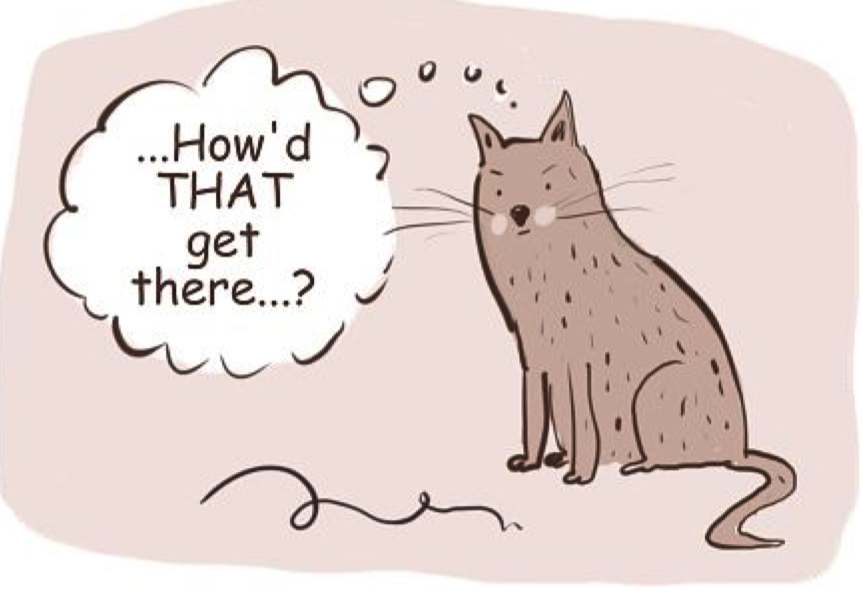- Instructor: Claire Özel
The study of educational psychology involves both theory and practice. Focusing upon applying the principles of psychology and research to the practice of teaching, the ultimate goal is the understanding and improvement of instruction. Prospective teachers and other professionals in training who will interact with students need to understand how students learn and how that learning varies and is affected by each student’s context, culture, and development. This course focuses on the effective application of psychological concepts and principles in the learning and instructional processes; the development of teaching methods, knowledge and skills; and perspectives which enhance learning environments.
- Instructor: evrim baran jovanovic
Study of the emergence and the present status of instructional theories and the discussion of the relationship between learning theories, instructional theories and practical applications.

- Instructor: evrim baran jovanovic